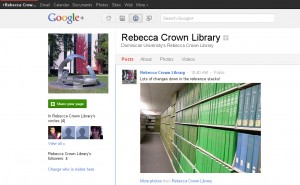 The Inner History of Devices by [sic] Sherry Turkle
The Inner History of Devices by [sic] Sherry Turkle
My rating: 4 of 5 stars
This volume is edited and with an introduction by Sherry Turkle, and each chapter is written by someone else, so the “by” in the bibliographic data should really read “ed.”. Anyway.
This work examines people’s personal relationships with technology through three formats: memoir, ethnography, and case report. In each case, the point is to understand how the technology either builds or elides a sense of self. Not surprisingly, results show that participative environments help people to build a sense of self, though this is frequently pathological. In other cases, the technology masks people’s humanity, usually with deleterious effects; the chapters on addiction and disease are the most striking examples of this. In these cases, a life and death dependence on technology such as in the case of dialysis can quickly lead to despair or feeling like a cyborg. It seems to me that a frequent criticism of Sherry Turkle is that she tends to see the pathological in people’s relationships with technology. My personal view on the matter is that she might be right, though of course I don’t change my own behavior to account for it. But even when new social or learning spaces are created as technology advances, we have to recognize their limits. The chapter “Cyberplaces” by Kimberlyn Leary had the example that most resonated with me. Melissa has just discovered that her “knight” in a medieval online RPG is really a 15 year old boy. He insists nothing has changed about their relationship. Melissa feels differently.
Most clinicians would not fault Melissa’s comment for showing a lack of imagination but would find it a healthy adaptive response. She has come to an important realization, absent in much of the over-enthusiastic literature on cyberspace: the computer makes multiple selves possible–but only to a point. Melissa can live on the surface, but at a critical moment, the need for depth returns. (pp. 89-90)
I am sure we could all name a similar “critical moment” in our own lives.
